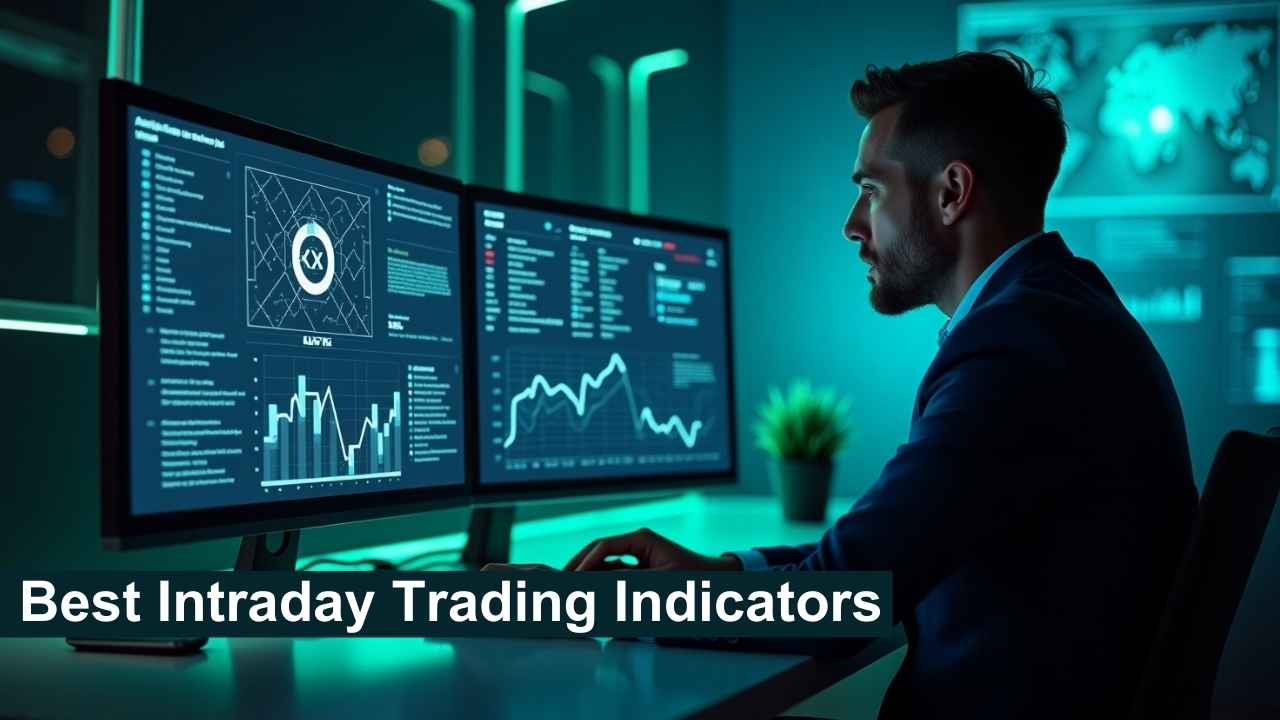With increasing geopolitical tensions and India’s emphasis on increasing indigenous defence manufacturing under programs like “Make in India,” defence industry mutual funds have attracted many investors’ attention. In 2025, these theme funds provide a means to capture the growth opportunity of firms that offer military hardware, aerospace parts, and defence technology. This analysis identifies the best defence industry mutual funds, compares their essential statistics, and offers investor considerations.
Defence industry mutual funds hold shares of businesses engaged in manufacturing and selling defence-related goods and services. Defence sector mutual funds follow indexes such as the Nifty India Defence Index, which includes top defence companies. Thematic defence funds can offer targeted exposure to this high-growth sector as India’s defence expenditure and localisation initiatives grow, but investors should be aware of the special risks and features of these sectoral funds before allocating capital.
Top Defence Sector Funds: Comparative Table

| Fund Name | 1‑Year Return | AUM (₹ Cr) | Expense Ratio | Min. SIP (₹) | Min. Lumpsum (₹) |
|---|---|---|---|---|---|
| Motilal Oswal Nifty India Defence Index Fund Direct – Growth | 12.84% | 1,970.40 | 0.29% | 500 | 500 |
| Aditya Birla Sun Life Nifty India Defence Index Fund Direct – Growth | 12.83% | 292.50 | 0.31% | 500 | 500 |
| Groww Nifty India Defence ETF FoF Direct – Growth | 12.35% | 26.46 | 0.21% | 500 | 500 |
Data Source: Dhan Mutual Funds Platform citeturn1search0
Why Invest in Defence Sector Funds?
- Thematic Growth Play: Benefit from government policies boosting defence spending and “Make in India” localisation.
- Index Tracking: Passive funds like the Nifty India Defence Index funds offer transparent, rules-based exposure.
- High Conviction: Sectoral funds concentrate on companies with strong order books and strategic importance.
Risks of Defence Sector Funds
- Sector Concentration Risk: Heavy exposure to a single industry can amplify losses if defence budgets or global tensions ease.
- Volatility: Sectoral/thematic funds tend to be more volatile than diversified equity funds.
- Liquidity Constraints: Smaller AUM (especially in newer funds) can lead to wider bid‑ask spreads.
- Regulatory & Geopolitical Changes: Policy shifts or peace accords can impact defence spending and company performance.
How to Evaluate Defence Sector Funds
- Expense Ratio: Lower fees help boost net returns, crucial in passive/index funds.
- AUM & Liquidity: Larger AUM indicates better liquidity and fund stability.
- Tracking Error: For index funds/ETFs, assess how closely they track the underlying defence index.
- Fund Tenure & Track Record: Longer-running funds provide performance history; newer funds rely on the index’s track record.
Conclusion
Defense industry mutual funds in 2025 provide a niche means of profiting from the increasing defense business in India. The Motilal Oswal, Aditya Birla Sun Life, and Groww funds present competitive returns, low expense ratios, and pure index-tracking methodology. Yet with sector concentration risk and volatility involved, these funds are best left for investors willing to take increased risk and willing to wait and see over long periods. Always complement thematic wagers with diversified hedging in other sectors and assets.
Learn More:
- How to Activate Credit Card: Step-by-Step Guide
- How To Use Credit Card Interest Free Period Wisely?
- Common Myths About Credit Scores
Frequently Asked Questions (FAQ)
What is a defence sector mutual fund?
A defence sector mutual fund invests in companies involved in defence manufacturing, aerospace, and related services, often by tracking a sector-specific index like the Nifty India Defence Index.
How do index-based defence funds work?
Index funds replicate the performance of a benchmark index by holding the same securities in the same weightings, offering passive exposure with low tracking error.
Are defence sector funds riskier than diversified equity funds?
Yes, they carry higher sector concentration risk and volatility compared to broadly diversified equity funds.
Can I invest a small amount in these funds?
Yes, all three funds listed allow investments starting at ₹500 via SIP or lumpsum.
How often should I review my investment in defence funds?
Review at least quarterly or when significant geopolitical or policy changes occur that could impact defence spending.
Investing in sectoral funds like defence requires careful consideration of risks and a long-term perspective. Consult a financial advisor to tailor your investment strategy to your goals and risk profile.










